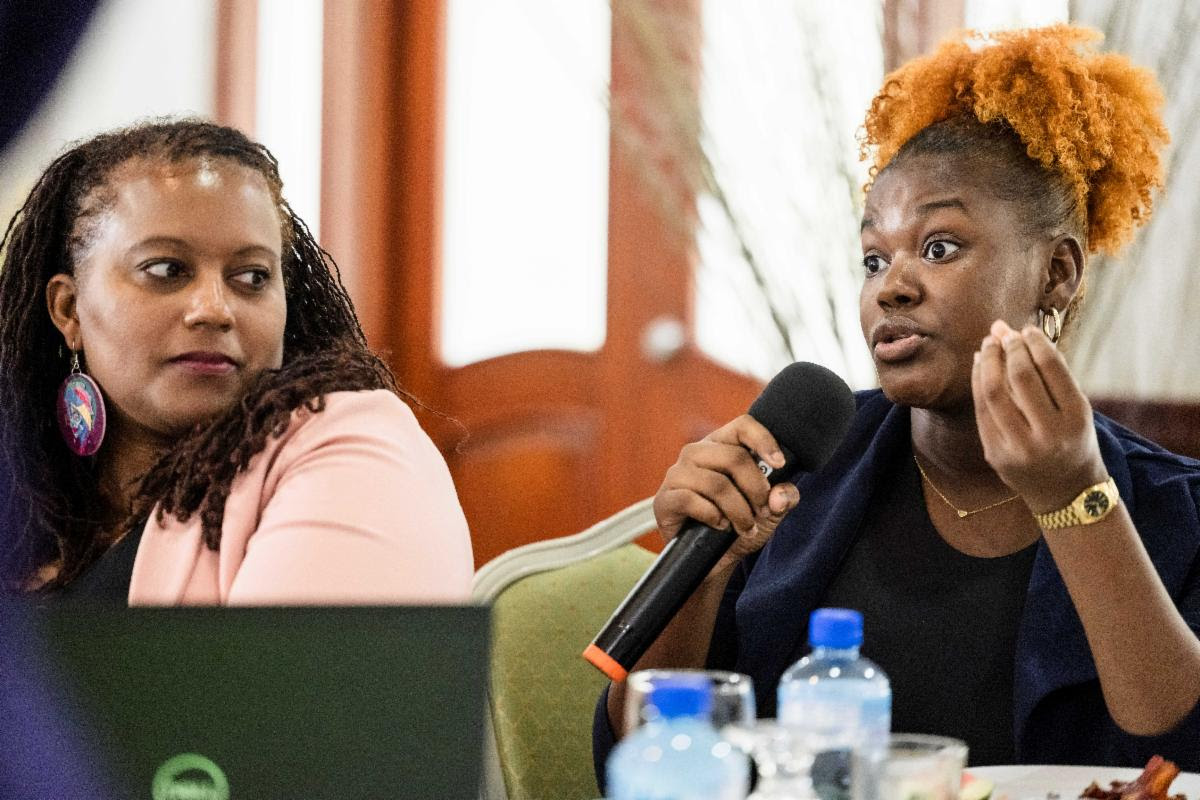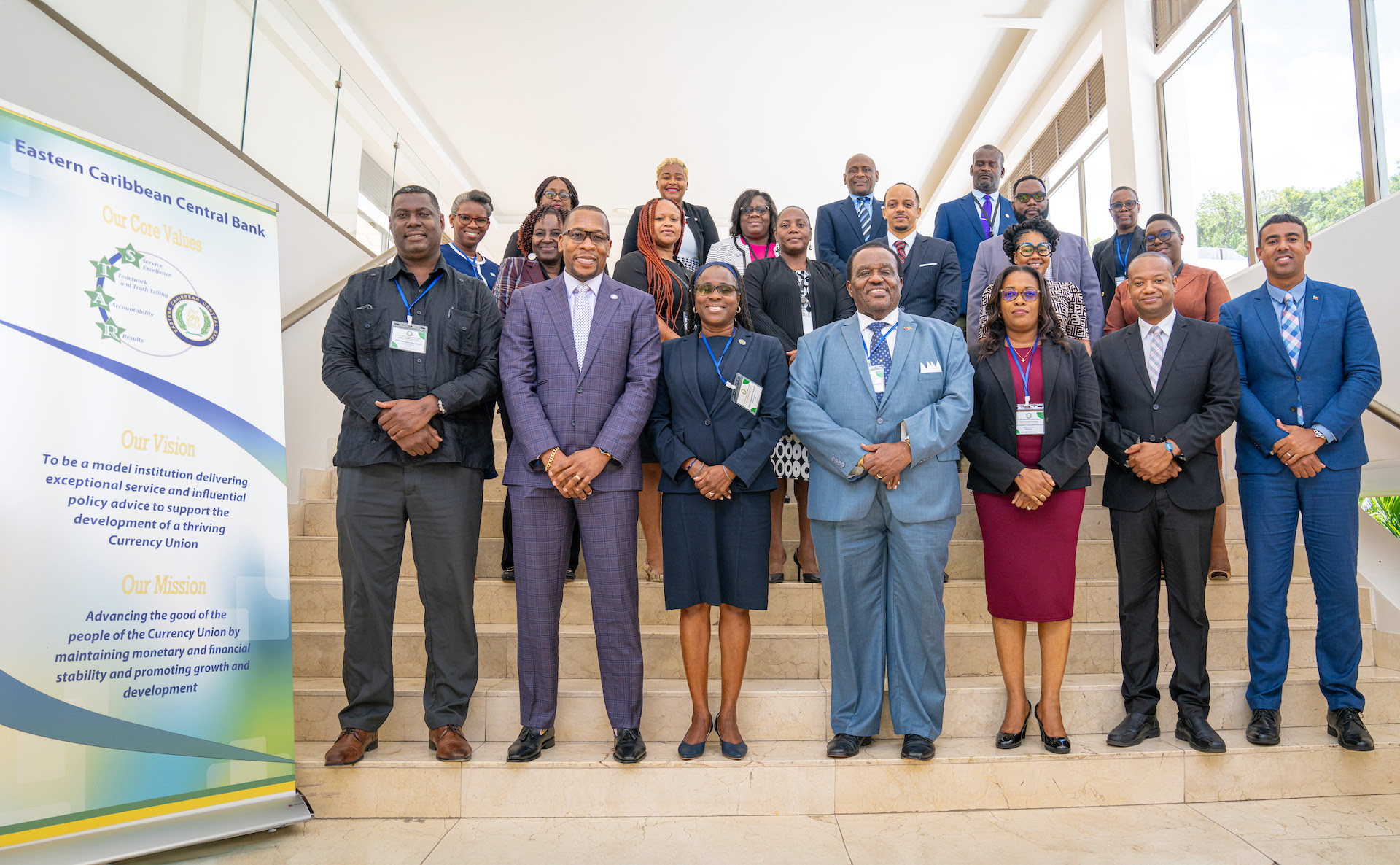OREGON, Aug 19 2017 – A man who permanently damaged his eyesight by looking at a partial solar eclipse 55 years ago has warned people not to look directly at the sun during the total eclipse on Monday.
Lou Tomosoki, 70, still has a blind spot in the centre of the vision of his right eye as a result of looking at the sun for just a few seconds as the moon crossed its surface in the early 1960s.
“Millions of people out there are going to be looking out at it [Monday’s eclipse],” he said.
“How many of them are going to say, ‘Something happened to my eyes?’ That makes me sick.
“I am just so concerned that somebody isn’t going to listen [to the warnings]. I am going to be out in the eclipse, but I am not going to look at the sun at any circumstances, even in the totality.”
In 1962, he and a friend were walking home from high school in Bend, Oregon, when the partial eclipse began.
“We both got burned at the same time. He got the left eye and I got the right eye,” Tomosoki said.
“We were just doing it for a short time. I have a little blind spot in the centre of my right eye.
“Nothing has changed. It doesn’t get any worse or better.”
His teachers had told the students to watch the eclipse by using a pinhole projector, which creates a reflection that is safe to view.
Professor Russell Van Gelder, an ophthalmologist at Washington University, told Today: “Anyone who stares at the sun can get this blind spot. When you know that you have a problem is if that blind spot has not gone away [the next day].
“It is never safe to look directly at the sun. The only way to treat solar retinopathy right now is to prevent it and not stare at the sun during the eclipse.”
He said it was possible to watch the phenomenon using specialised ‘eclipse spectacles’ but recommended people should use American Astronomical Association’s website to find certified ones.
Taking photographs with an ordinary camera or smartphone could also be a mistake.
“You can burn out your camera in the cell phone just like your retina,” Professor Van Gelder said.
Like our Facebook page https://www.facebook.com/CaribbeanNewsService/
Follow us on Twitter https://twitter.com/CNewsService
Follow us on Instagram https://www.instagram.com/caribbeannewsservice/




